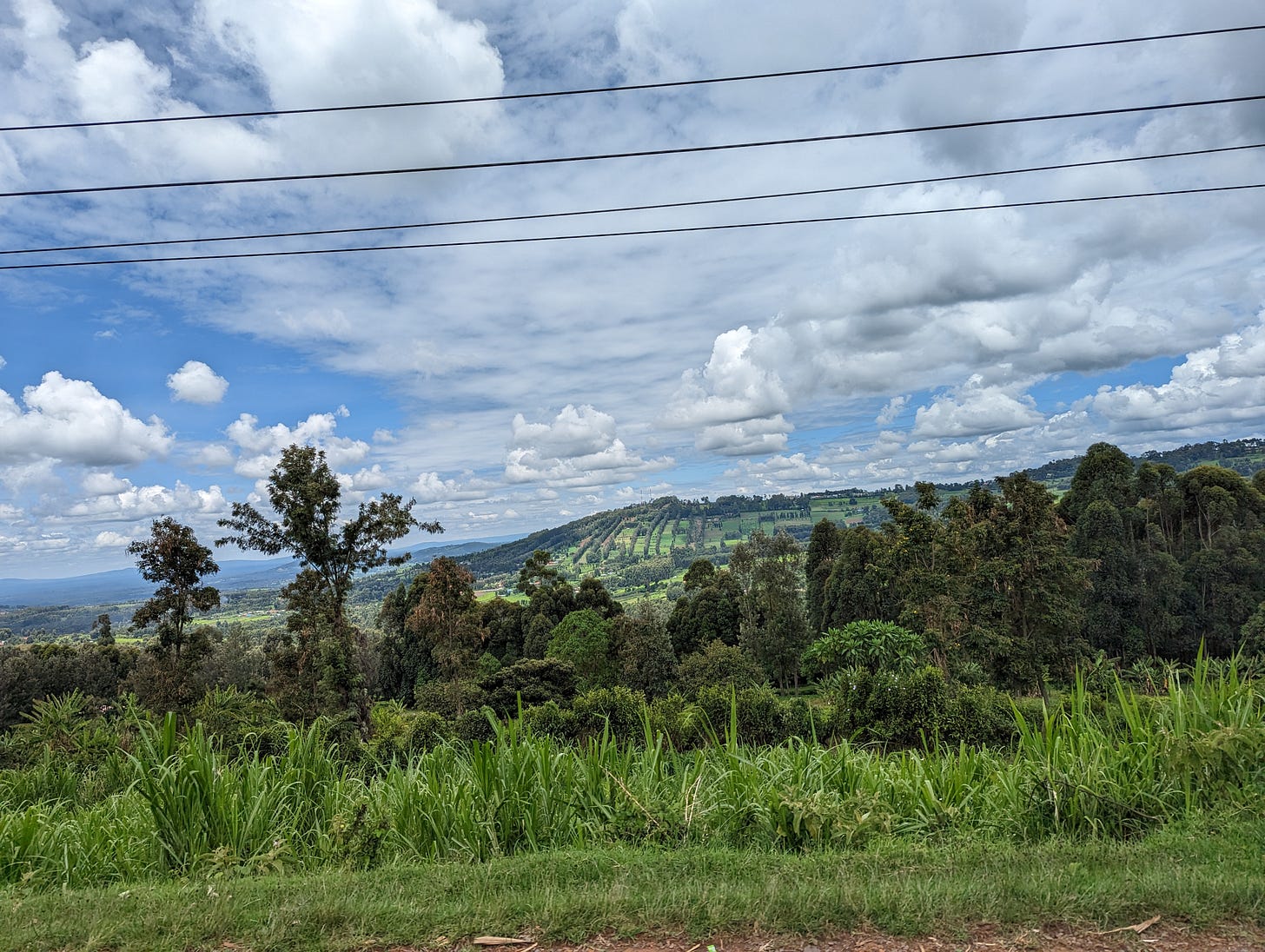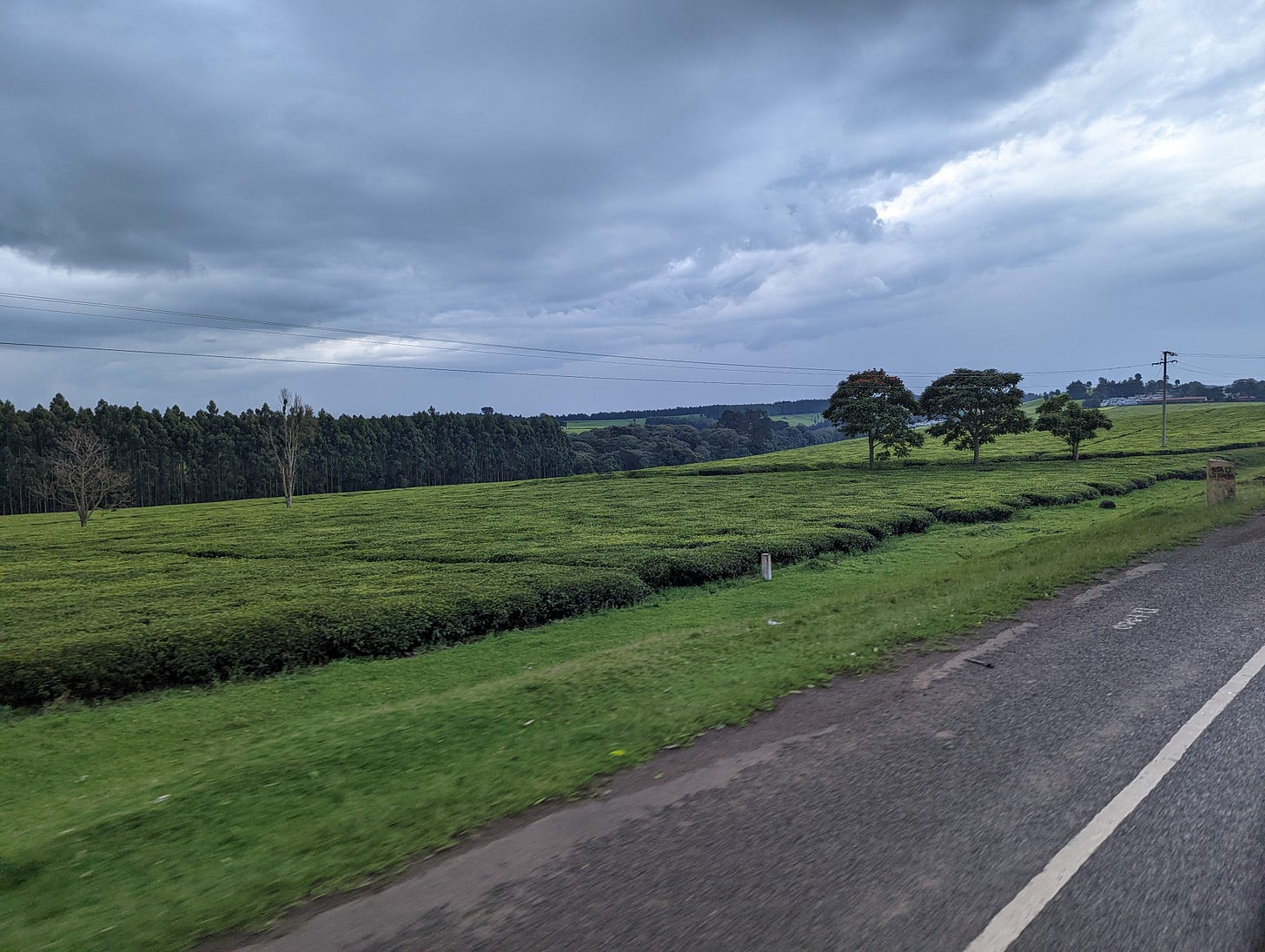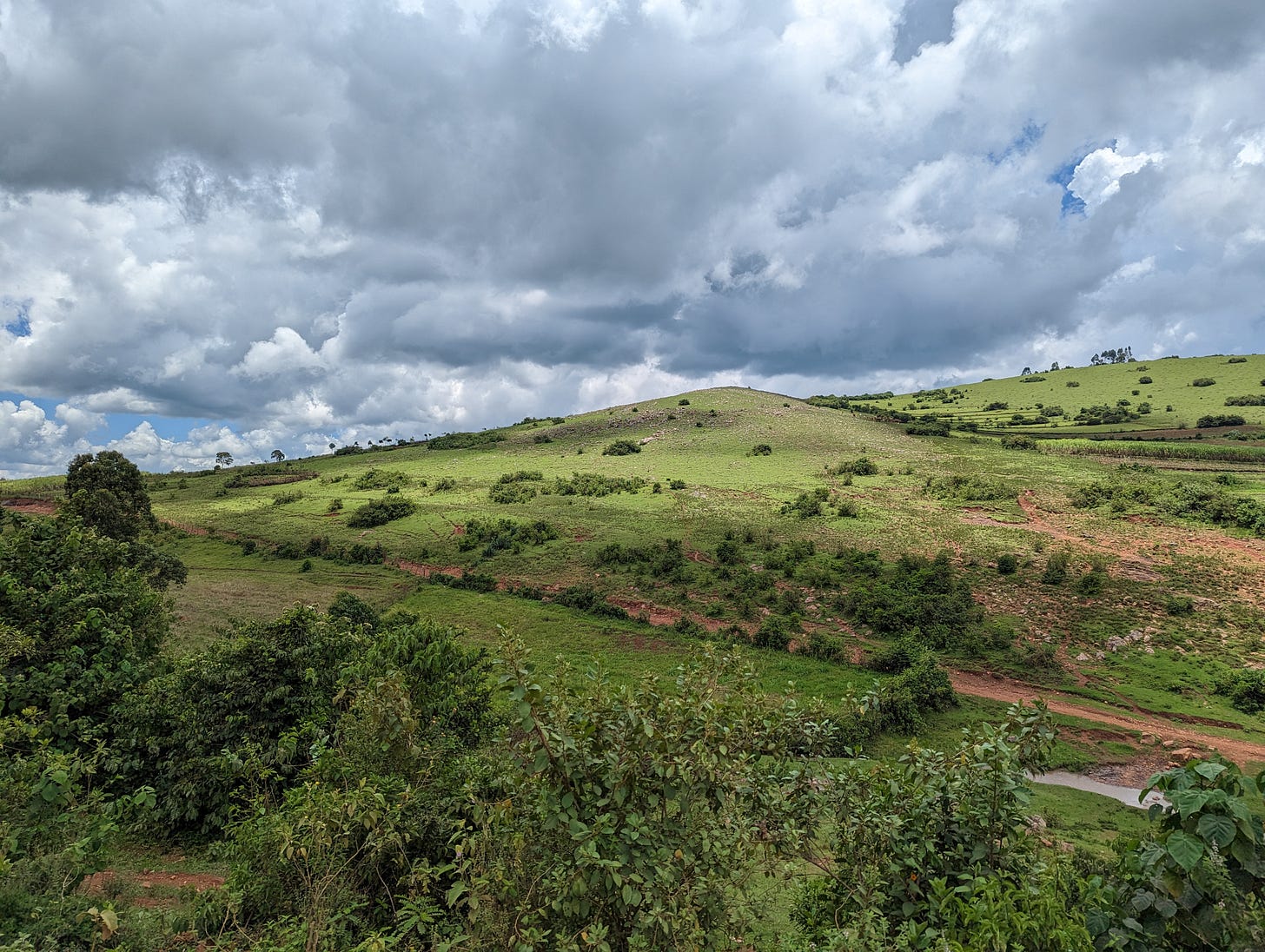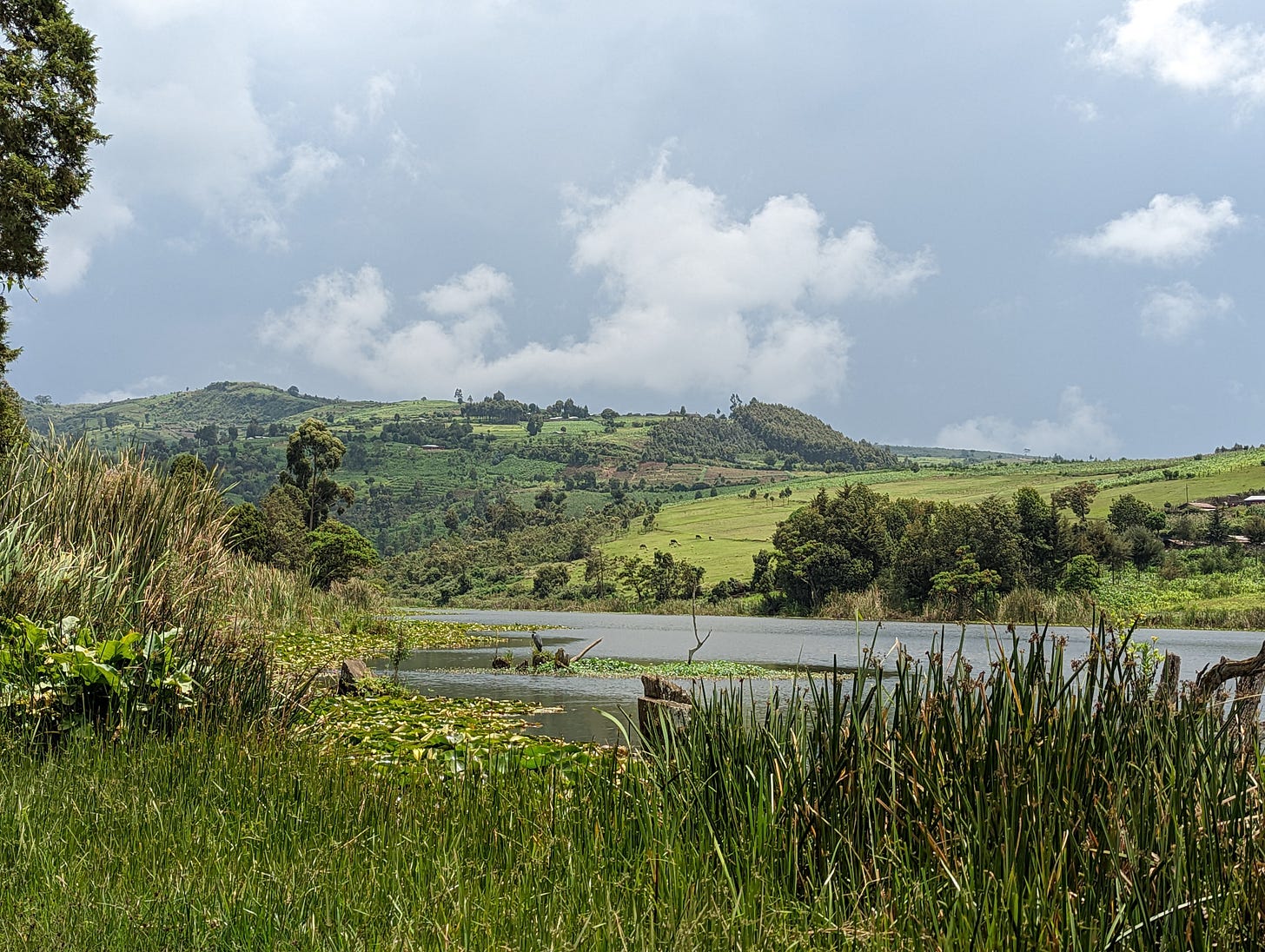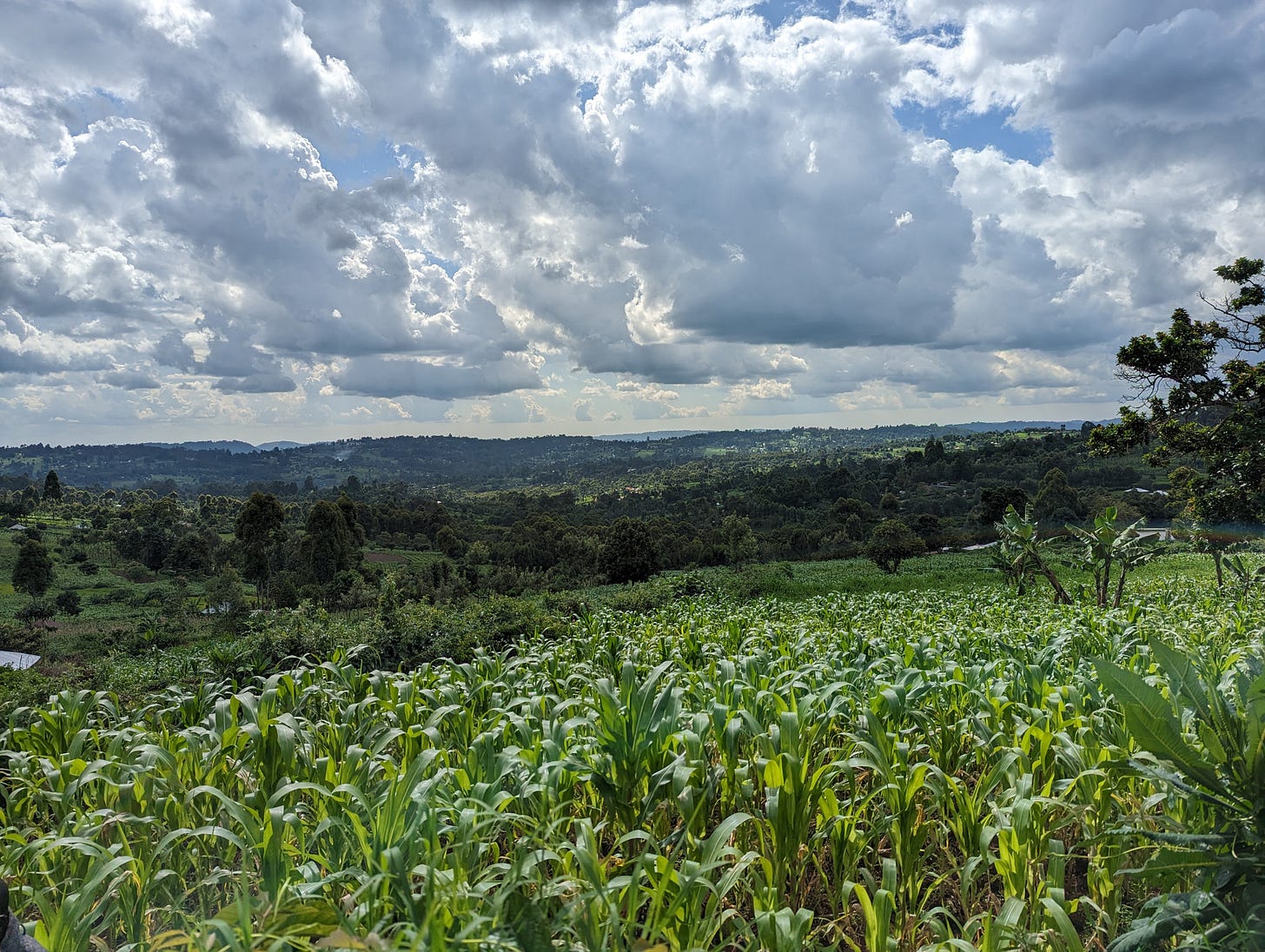Introduction
I have received several direct messages from individuals who have shown interest in this particular program, an idea that originated from my Twitter family, which I have come to love.
It all began as a challenge to those who advocate for sustainable development and sustainable living, including the use of solar mirrors (concentrators) for cooking, firewood and gasifier enthusiasts, as well as solar and wind energy enthusiasts. It was also an invitation to some of my Twitter family members to come and experience what it is like to live here.
After a few invitations, some people suggested that I should charge a fee for the program. The reasoning behind this was that no one wants to visit a foreign country and spend time arranging for accommodations, food, and transportation. So, the idea was to calculate the expenses and facilitation fees and offer it as a package.
The Package
I offer a range of activities, mostly focused on agriculture, as we are subsistence farmers in rural Kenya.
In my home village of Kisii, we engage in small-scale farming of tea, coffee, sugarcane, bananas, avocados, finger millet, maize, beans, napier grass, tree cultivation, as well as raising animals such as cattle, chicken and goats.
About 50 kilometers away, in Kericho county, there are large-scale tea and maize farms, as well as pineapple farms. The Kalenjin tribe, native to Kericho, is also involved in dairy farming and produces excellent native fermented milk with a charcoal flavor.
In the opposite direction of Kericho, about 20 kilometers away, we have Kilgoris or Transmara, home to the Maasai tribe of Kenya. They are predominantly pastoralists, herding their native breeds of cattle and goats. If you enjoy meat and don't have a milk allergy, you'll especially enjoy their roasted meat. You could also try their bitter herbs and perhaps some honey to sweeten the experience.
Further away, approximately 100 kilometers, in Molo, Nakuru county in the Rift Valley, we have two hectares of land. In the village, we engage in farming activities such as growing Irish potatoes, peas, maize, cabbage, carrots, and dairy farming.
I am also considering extending the visit to Baringo county, which is about 150 kilometers away. This region is semi-arid, and the people there practice water conservation methods. Personally, I have been there once and wouldn't prefer to travel there again, but upon request, we can explore the possibility. Please note that the area has a lot of snakes and the climate is excessively dry and hot for my liking.
In all of the aforementioned locations, most activities are done manually in the villages from 6-7 am to 5-6 pm.
Additionally, the package includes supplementary activities such as fetching water from the river, splitting firewood, starting a fire, cooking over an open flame, washing clothes in the traditional village way, milking cows, feeding cattle, and rainwater harvesting, among others. You'll get to experience life as a farmer.
Don't worry, there won't be any excessive or physically demanding work. All of the activities mentioned above will be enjoyable! I promise!
Schedule
We will have a weekly schedule with specific activities assigned to each day. We can always make adjustments based on the preferences of the intern. For example, tea farming involves a series of operations from planting to pruning to plucking. I would allocate an hour or so for tasks like tea planting or tea plucking. We would then transport it to the buying center and sell it. Tea farming alone might take a day or two. I will prepare a personalized timetable for you, covering most of the activities mentioned above.
Food
However, please be aware that obtaining certain items like shrimp or sushi might be a challenge, so please let me know your preferences in advance. Rest assured, we have amazing local foods for you to enjoy. Our staple food is ugali, which is made from grounded cornmeal and can be eaten with beef, pork, fish, native vegetables, fermented milk, among other options. We also love bean and pea stews, which are delicious when accompanied by chapati or rice. Additionally, we have brown ugali made from finger millet and cassava. All of these dishes can be enjoyed for lunch or dinner.
For breakfast, you will have tea or coffee with chapati or doughnuts. We will also offer ripe (sweet) bananas, avocados, pumpkins, groundnuts, eggs, sweet potatoes, and more.
For lunch and dinner, our local vegetables will be served as accompaniments to your main dish.
We can also arrange for a jug of blended fruit juice in the evening. After all, a healthy lifestyle begins with a nutritious diet.
Hotel
I will personally pick you up from the airport, and every morning, I will be there to pick you up from the hotel. In the evenings, I will ensure your return to the hotel for dinner and rest unless you want to have a dinner at home. I have researched the most beautiful hotels located outside the town, providing top-notch services.
I have a link for a cool AirBnB in Kisii town. From town to my home is a 40 minutes drive. The room has 3 bedrooms and it is very secure. It is just by the roadside (you can see the blue house on Google Maps). Enjoy the pictures
You can cook your food, we could get you a cook, or alternatively, there is a cool club about 5 mins walk away. Stylish Bar and Grill has amazing and a variety of foods at an affordable price.
Pictures
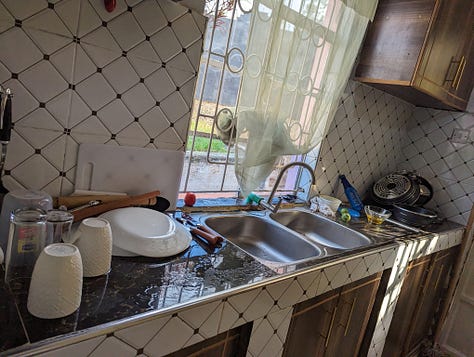
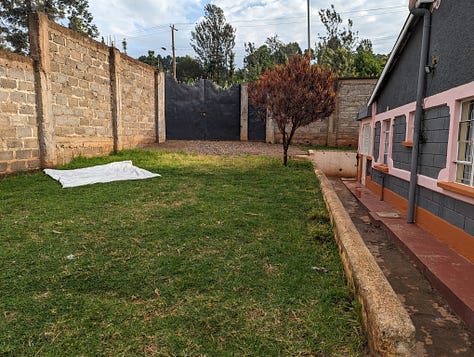
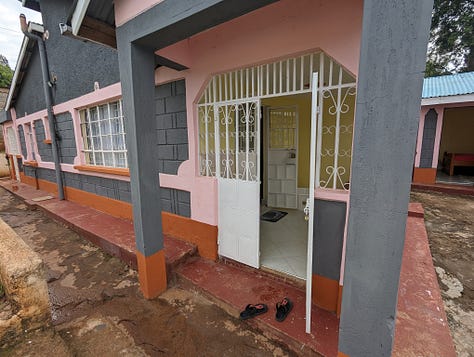
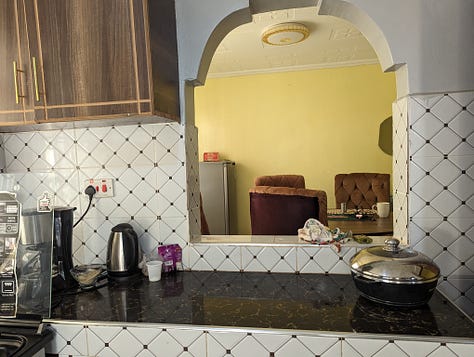
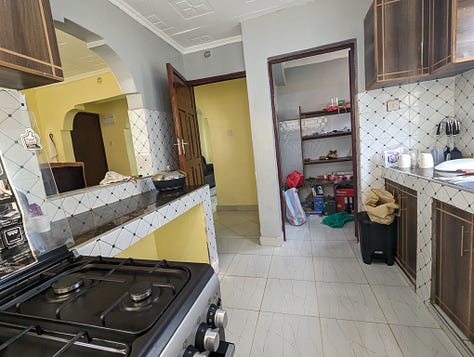
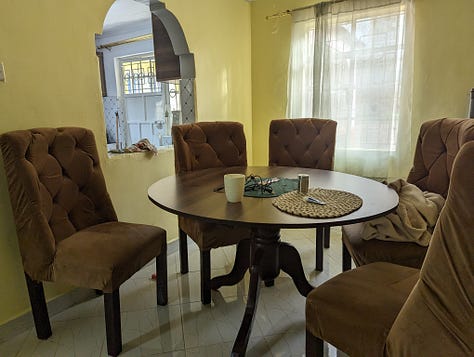
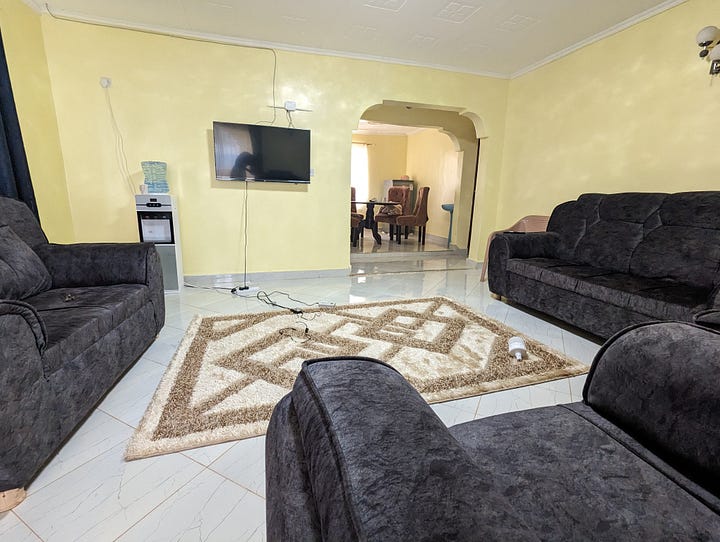
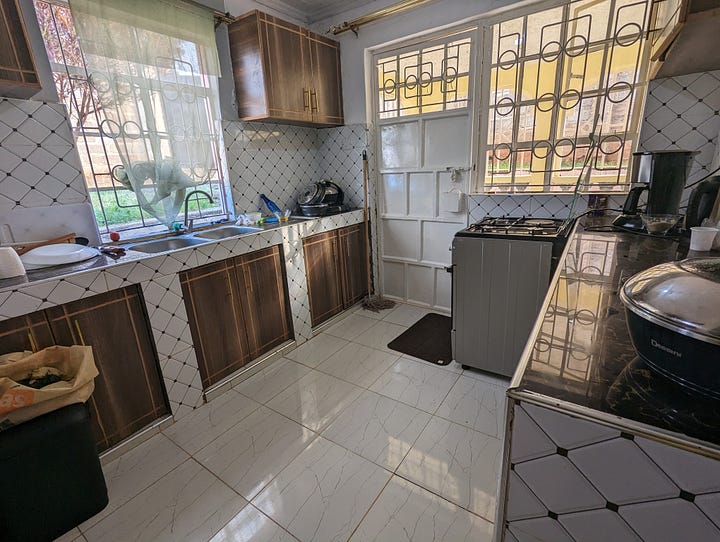
Cost of the Package
The cost for the first week of the program is $4,000. For the second week, it is $3,000.
For a couple (two people), the cost for the first week is $3,000 per person. For the second week, it is $2,500 per person. This provides an additional reason to bring along your friends or loved ones.
Quite affordable, isn't it? I thought so too!
The aforementioned prices cover everything from picking you up at the airport to dropping you off at the airport after the 7-day program. A fraction of the funds collected from the program will help me better my community through performing various projects including getting them connected to the national electricity grid, clean cooking, among others
If you are interested in going on a safari after completing my internship program, we can make the necessary arrangements.
Myths and Clarifications
Malaria: In Kisii, Kericho, and Nakuru counties, we do not have mosquitoes that carry malaria. Therefore, there is no need to worry about malaria in these areas.
Kenya is a peaceful and safe country. Our government is quite liberal, although corruption remains an issue, this will work for you, most of the time.
Contrary to popular belief, snakes are not everywhere! In my entire life, I have encountered snakes on only three occasions. In Kisii, snake sightings are rare, and when they do occur, they are typically green or small brown snakes. I have never heard of anyone being bitten by a snake in my life!
Most Kenyan people speak English, as it is our official language, and our education system is primarily conducted in English.
Crime rates in Kenya are low, especially in rural areas. You can rest assured that you will be very safe.
Electricity is available in most areas of Kenya. In fact, approximately 80% of households are connected to the national electricity grid.
If you notice my people staring at you, don't worry, it is normal because they don't see that very many non Kisii people around. But most of them will talk to you. Just say hello, and they will smile and respond with a warm greeting! They will want to take pictures with you- I got it is okay with you.
I look forward to seeing you. This will be a life-changing experience, offering you the opportunity to immerse yourself in a different way of life alongside your extended family in rural Kenya.
Please buy me a coffee to support my work.




